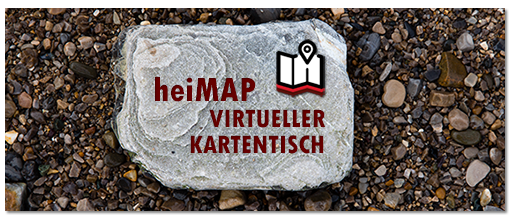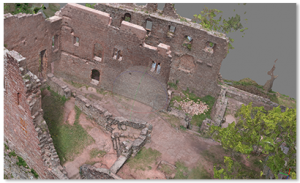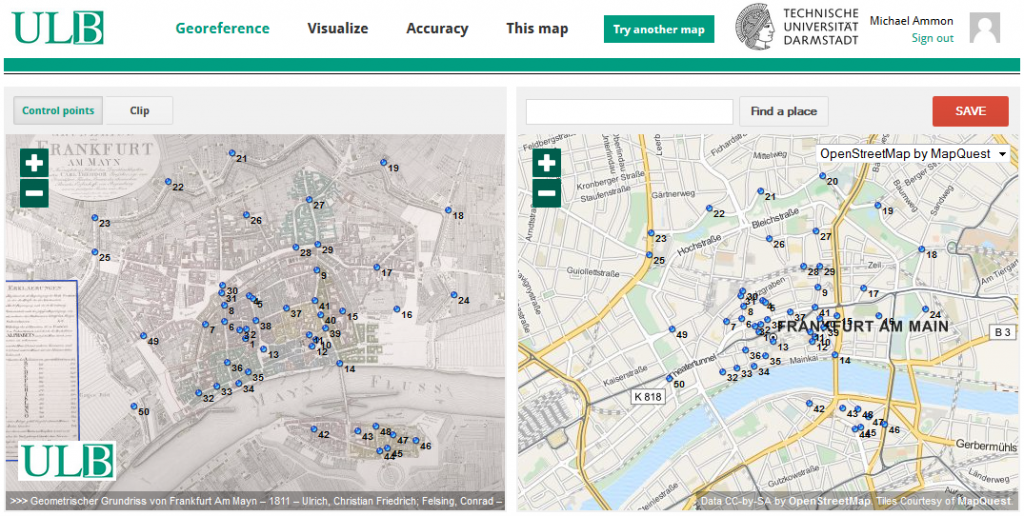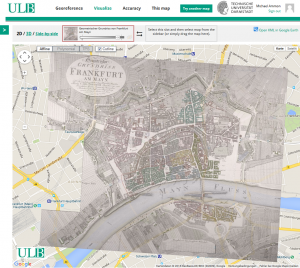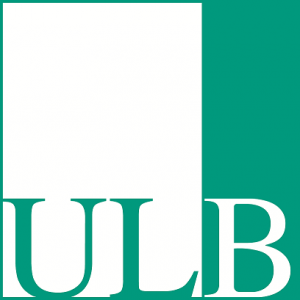Unser neues Projekt startet zum Sommersemester 2016 – im HGIS Club werden wir erste Referenzprojekte erarbeiten…
heiMAP – der virtuelle Kartentisch
Ziel von HeiMap ist die Schaffung einer Online-Arbeitsplattform für Geoanwendungen in den Geisteswissenschaften, die in ein Portal mit modularen Werkzeugen und Diensten zum Projekt- und Datenmanagement integriert ist.
Aussagekräftige Karten, die mehrere Informationsebenen integrieren, sind immer interdisziplinäres Gemeinschaftswerk und stellen in ihrem Entstehungsprozess hohe Anforderungen an projektinterne Kommunikation, interdisziplinäre Effizienz und multimediales Datenmanagement. Die anvisierte virtuelle Arbeitsumgebung und das Arbeiten auf historischen Karten in situ bietet hier Lösungen für eine Reihe drängender Probleme in der gegenwärtigen geisteswissenschaftlichen Forschung mit Raumbezug: Orientierung im vormodernen Raum durch Erschließung historischer Karten, aktives und quellennahes Forschen auf Karten anstatt mit Karten, gemeinsame Arbeit online anstatt Desktopanwendungen mit sehr hohen Einstiegshürden, Zugänglichkeit durch Konzentration auf Kernfunktionen und zielgruppengerechte Dokumentation, enge Verknüpfung mit Diensten der Universitätsbibliothek, Rechtemanagement und Provenienznachweis, Standardkonformität der erarbeiteten Geodaten durch assistierte Datenmodellierung, Langzeitspeicherung, Propagierung und Reimport von Datensätzen unter neuen Fragestellungen.
Das Ergebnis ist ein virtueller Kartentisch zur kollaborativen Forschungsarbeit an überwiegend historischen Karten und Geodaten. Das Herzstück stellt ein web-basiertes Geographisches Informationsystem (WebGIS) dar. Der modulare Aufbau des Systems und die Einhaltung von Standards gewährleisten eine flexible Anbindung an ein Web-Portal, welches mehrere Werkzeuge und Dienste, wie z.B. Datenbanksysteme zur Speicherung der Metadaten (mit Schnittstellen zu externen Datenbanken), verschiedene Kommunikations- und Organisationswerkzeuge, eine zentrale Datenablage, ein Forum und verschiedene Projekt-Managemenent-Tools, verbindet. Die standortübergreifende und sichere Nutzung sämtlicher Werkzeuge wird durch das Identitätsmanagement aus „bwIDM“ gewährleistet. Das GIS-Modul wird an das Heidelberger Forschungsdaten-Repository „heiDATA“ angebunden, wodurch die Publikation der wissenschaftlichen Daten (mit DOI) erfolgen kann und somit die Nachnutzungsmöglichkeiten der wissenschaftlichen Ergebnisse verbessern.
Förderung
Ministerium für Wissenschaft, Forschung und Kunst des Landes Baden-Württemberg (MWK): Förderprogramm E-Science – Virtuelle Forschungsumgebungen.
2016-2018
Projektleitung
Universitätsrechenzentrum Heidelberg, Prof. Dr. Vincent Heuveline
Projektpartner
- Universitätsrechenzentrum URZ:
Prof. Dr. Vincent Heuveline/Dr. Martin Baumann - Abteilung Geoinformatik, Geographisches Institut:
Prof. Dr. Alexander Zipf/Dipl. Geo. Lukas Loos - Universitätsbibliothek Heidelberg:
Dr. Veit Probst/Dr. Maria Effinger/Leonard Maylein - Exzellenzcluster „Asia & Europe in a Global Context“,
JRG „Digital Humanities and Digital Cultural Heritage“: Dr. Armin Volkmann - Institut für Fränkisch-Pfälzische Geschichte und Landeskunde/Historisches Seminar: Prof. Dr. Jörg Peltzer/ Dr. Kilian Schultes/ The HGIS Club
Außeruniversitärer Kooperationspartner:
Landesarchiv Baden-Württemberg: Prof. Dr. Robert Kretzschmar
